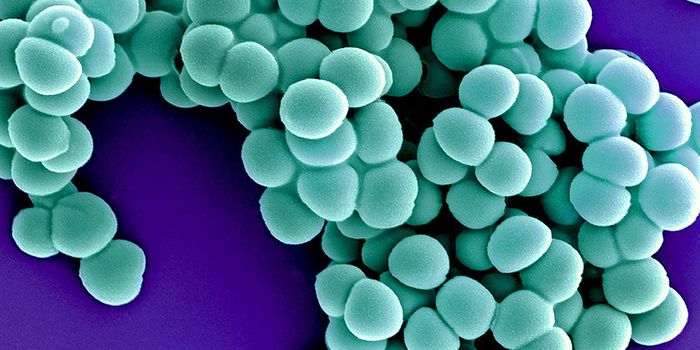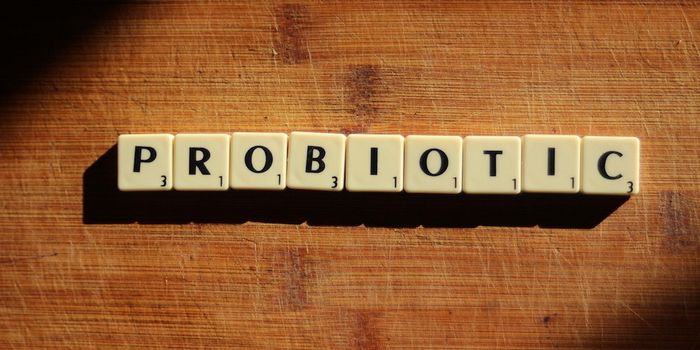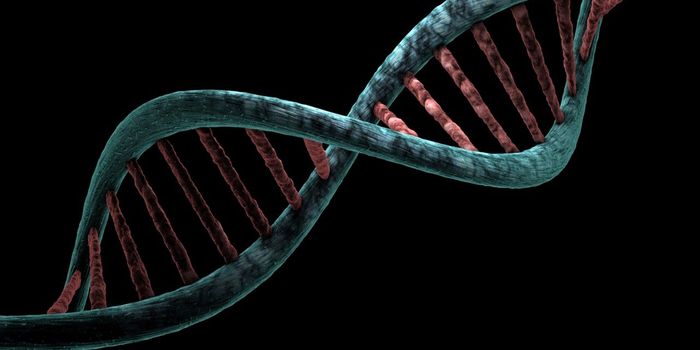Experimental Drug Lowers 'Bad' Cholesterol by 70%

High cholesterol is a high-risk factor for heart disease, the leading cause of death globally. Statins are currently the most common way to treat high cholesterol. After statins, are drugs known as PCSK9 inhibitors. Unlike statins, which are delivered as tablets, PCSK9 can only be administered via injection, greatly limiting their use.
'Bad cholesterol or low-density lipoprotein (LDL) receptors sit on the surface of multiple cell types and work by removing excess cholesterol from the blood. PCSK9 is a naturally-occurring protein that reduces the number of LDL receptors in the liver. PCSK9 inhibitors prevent PCSK9 from diminishing LDL receptors in the liver, and thus help the body remove cholesterol from the blood, which ultimately reduces overall cholesterol levels.
In the current study, researchers found a way to reduce PCSK9 activity via a nitric-oxide-derived molecule. They tested the molecule on human cell lines and on mouse models. Of particular note, they tested the molecules on a mouse model of high cholesterol. After eight weeks of treatment, they noted that LDL cholesterol levels fell by 70%. However, high-density lipoprotein (HDL) levels- 'good' cholesterol- also reduced by 25%.
The researchers noted that nitric oxide's ability to lower cholesterol was unexpected. Nitric oxide has been shown to reduce cardiovascular risk via combined effects on blood vessel function, blood pressure, and markers of diabetes. However, previous research indicated that the compound had little impact on cholesterol.
While promising, this is still preliminary research, and it remains unknown how the experimental molecules may work in humans to lower cholesterol levels. Nevertheless, the researchers noted that their findings highlight directions for future work. They added that they might also have implications for cancer treatment, as PCSK9 also prevents immune cells from recognizing cancer cells.
Sources: ScienceDirect, Cell Reports








